Swiss researchers can once again participate in the EU research programmes following successful negotiations between Switzerland’s government and the European Commission. The wide-ranging talks aimed to strengthen ties between the EU and Switzerland across a number of policy areas and included provisions for Swiss association to Horizon Europe, the world’s largest research funding programme.
Switzerland previously participated in the EU’s research programmes, but political disagreements saw the country lose its associated status in July 2021. The situation saw Swiss researchers lose access to the EU’s flagship research programme Horizon Europe, which has a seven-year budget of €95.5 billion (£80 billion), as well other EU programmes including Euratom, Digital Europe and Iter – the world’s largest nuclear fusion research project. The inability to take leading roles in major international collaborations and the loss of networking opportunities was widely viewed as detrimental to Swiss science.
However, in March last year, talks recommenced between the Swiss government and the commission to agree a broad package to strengthen ties between the two. Late in December, the commission announced that the talks had successfully concluded, with understandings reached on areas including food safety, disease prevention and electricity markets. Importantly for Swiss researchers, the talks also covered participation in the EU’s research frameworks.
While the agreement is not expected to be formally signed off until later this year, transitional arrangements mean that Swiss researchers can already participate in the Horizon Europe, Euratom, Iter, Erasmus+ and EU4Health programmes.
‘Switzerland’s association to Horizon Europe and the Euratom programmes brings the long-standing cooperation between Switzerland and the European Union to a higher level,’ noted Ekaterina Zaharieva, the European commissioner for research and innovation, in a statement on the negotiations. ‘This strengthened cooperation will enable European research and innovation communities to benefit from a wider pool of talents and scientific excellence.’
According to the Swiss government department for research and innovation (Seri), the transitional arrangements began on 1 January 2025, enabling Swiss researchers to participate in almost all Horizon Europe and Euratom calls. This includes the ability to submit proposals in the role of project coordinator. However, Seri also notes that Swiss participation ‘in areas considered strategic by the EU’, including ‘quantum and space’, will require technical discussions with the commission.
The Stick to Science campaign, which has long called for stronger research ties across Europe, described the announcement as ‘excellent news for science in Europe’. However, it pointed out that the agreement still has to be approved by the Council of the EU and the Swiss parliament, and quite possibly the Swiss electorate in referendum.
Switzerland’s Federal Council said that it took note of the negotiations’ conclusion ‘with satisfaction’, writing that the country’s objectives in each negotiating area had been met. Meanwhile, the commission’s president, Ursula von der Leyen, described the agreement as ‘historic’. ‘This agreement between the EU and Switzerland reflects the deep ties that have grown between us,’ she added. ‘Today marks a new chapter in our partnership as we elevate our cooperation to the next level and modernise the foundation of our strong relationship.’





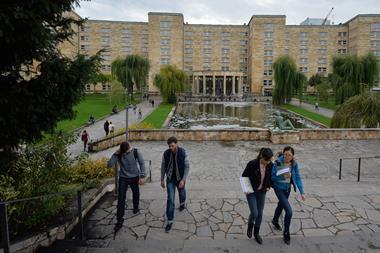
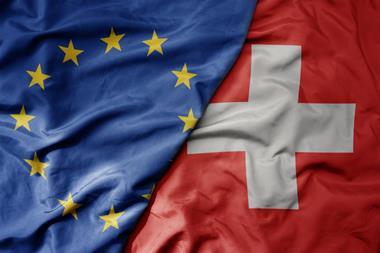
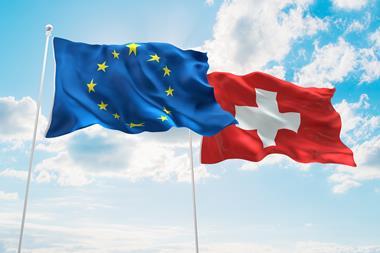
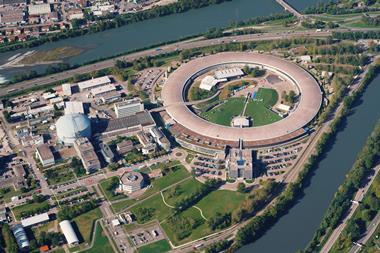
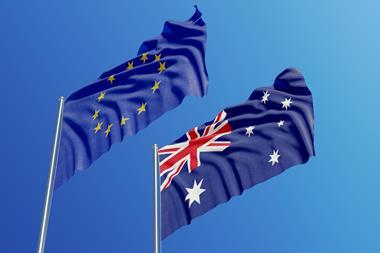
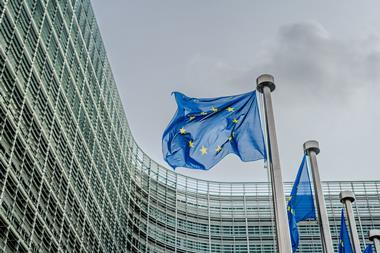






No comments yet